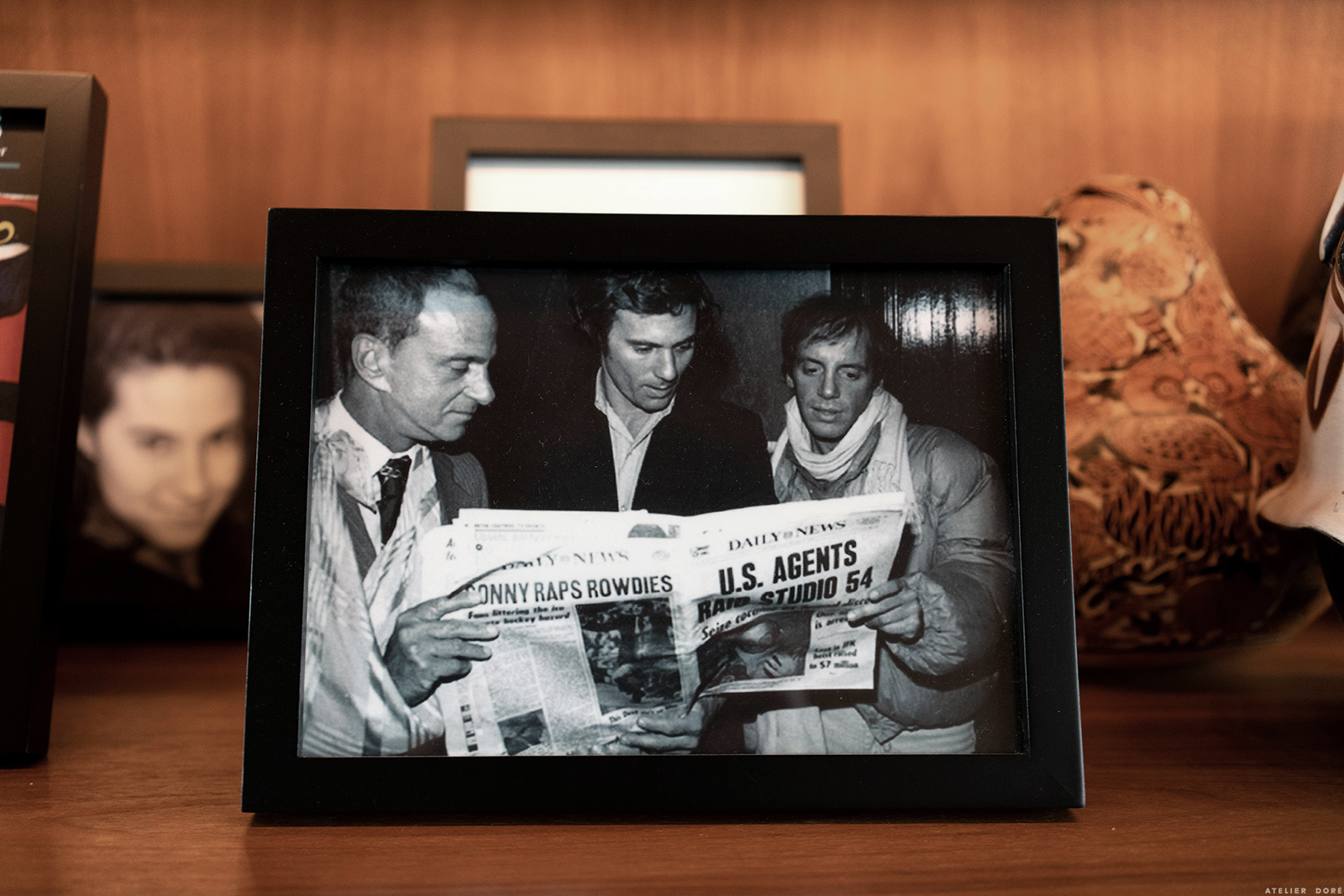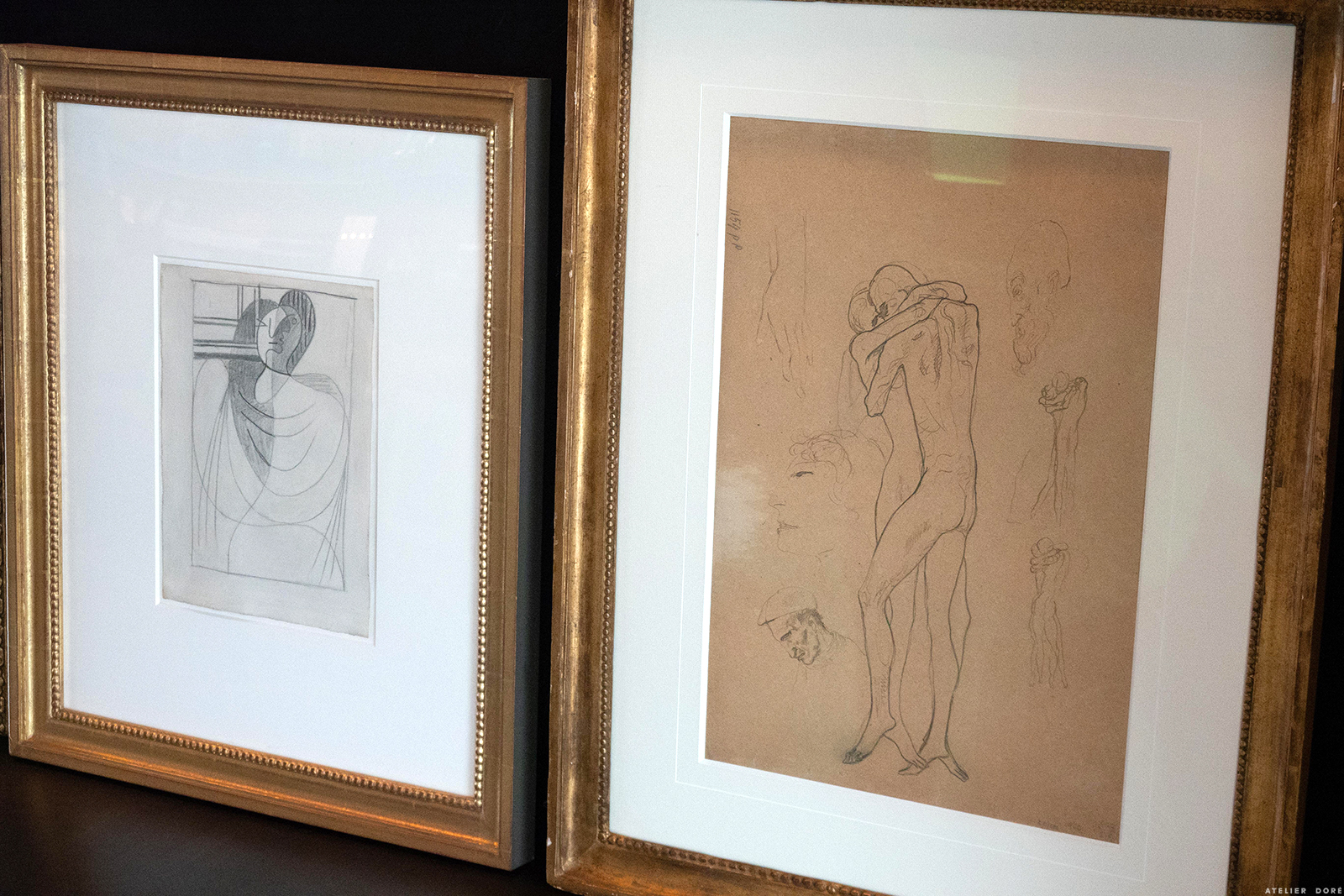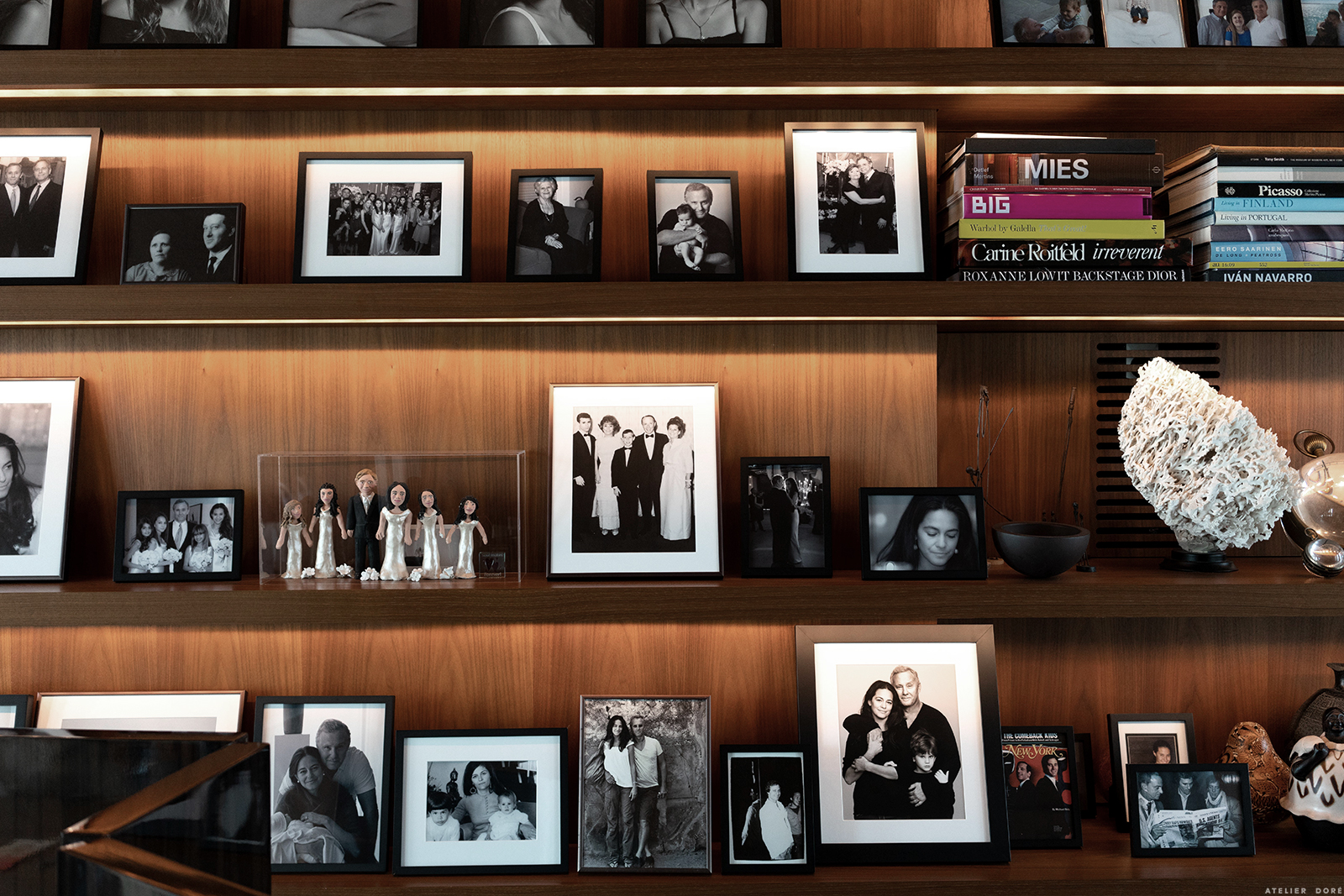Ian Schrager: Boundary Pusher
6 years ago by
It’s possible you don’t know the name Ian Schrager, but you definitely know some of the projects he’s created. You know — the incredibly iconic nightclub, Studio 54, that he co-founded in the late 1970s, or one of the numerous hotels he has around the world with EDITION Hotels that he created in partnership with Marriott, or perhaps the very cool PUBLIC Hotel in NYC.
Either way, it’s very clear from my conversation with Ian that he’s always been a boundary pusher with his finger on the pulse. He’s collaborated with some of the biggest names in the world of architecture, traveled the globe and learned some hard lessons along the way. Today, he has embraced a slower pace of life than his early nightclub days, but he’s still very much a powerhouse.
I hope you enjoy this conversation with him as much as I did.
[podcast_episode episode=”281270″ ]
On NYC in the 1970s…
Going to clubs was something I could do because you could be anonymous and be shy. There was a revelry. Serious, frenetic, almost tribal dancing…you’d see a thousand people moving on the dance floor in unison, reacting to the music changing. It was an exhilarating thing to see and you didn’t really have to know very much to run a night club. You didn’t have to have a particular craft or skill.
On the compatibility of his relationship with Steve Rubell…
It wound up that Steve loved the mixing with the people, and I didn’t. Still don’t. The first night that club in Queens opened, Steve went to hang out with the kids at the bar and I went up to the DJ booth and played with the lights. It was just a natural, organic thing, no specific division of responsibility. It was just the way it happened.
On knowing what people want…
Well I’m strictly a creature of my environment. I’m incredibly curious about everything, hopelessly curious. I can just feel and sense where the population is going and what the collective unconscious is. But the thing is, we’re human beings. There is a certain human condition that doesn’t change. Fashions change, cars, hairstyles, all that changes, but the basic DNA of who we are and what we are, doesn’t change.


On the freedom Studio 54 provided…
At Studio 54, there was a human desire to achieve complete freedom. Absolute, 100% freedom, where there are no consequences for anything you do. There is nothing you do that night that you can’t get up the next morning and walk away from. That freedom of expression and freedom from embarrassment is something we strive for. You were able to achieve that at Studio 54.
On breaking the rules…
We evaluated a rule, if it made sense, we kept it. If it didn’t make sense or there was a better rule, we did that and had the courage to do it.
On the intoxication of success…
Both Steve and I maintained our modesty and kept the same friends, we made new friends, but we kept the same friends. We thought we had our feet on the ground. We just got completely intoxicated. You have to remember, neither one of us really had any money. We were from a provincial suburb of New York on day one. On day two, we were the toast of the town. Or Steve was and I felt that vicariously. I guess we got totally intoxicated and it was just such a stupidity. I think about it now and it’s so ridiculous.
On pushing boundaries…
We went right up to the line of what was legal, not in terms of drugs and things, though. We used to bring animals into the club, horses, elephants, black panthers and things like that. One time, we brought in a black panther and I was holding it by the leash and it got upset. It calmed down, but can you imagine?? Can you imagine if I’d dropped the leash? 40 years later and I still think about that. But, that was the kind of attitude we had.
On NYC…
New York had certain competitive advantages. It had a great harbor, it is centrally located and things no other city in America had — theater, fashion, shopping, museums and nightlife. Then we jump forward and all of a sudden, that same theater is available in Houston and the same shopping is available in Dallas and Bond Street in London, in Paris and Tokyo. People dress the same now, when they didn’t before. Haircuts are the same, the skirt lengths are the same, so the globalization has hurt us. There is no reason to come to New York to make art, music, theater or fashion. This is not a popular view, but all of the good that New York had, made the bad things tolerable. Now, it doesn’t have the good things, so that bad things have become almost intolerable. Of course that’s not a popular view, but I love New York. It still has a level of energy and intensity and hostility that not many cities have and it would be difficult to live any other place because every place–except for maybe Paris and I’m sure there are others–would seem a little bit provincial and slower.
On the design of his hotels…
I give the program and direction of what I want a hotel to accomplish so people will enjoy it. It’s not about design, it’s about the ethos of a project. I consider the designer like a person who creates the special effects of a movie. If the special effects are great but the story is bad, the special effects don’t mean anything. If the special effects are good and the story is good, the narrative is good, then it makes the movie better. I feel the same thing about hotels. It’s not design led, it’s concept led.
On luxury today…
Luxury has changed. It’s not about a business classification, it’s not about the status of having a certain brand. It’s the way something makes you feel. If it makes you feel good and you’re treated in a very respectful, courteous way. If you’re in a place that only people in the know, really know about. That to me, is status. We used to be fascinated with rich people and I don’t think we are anymore and I don’t think it matters. I think luxury now is not just expensive and rich, it’s for everybody who gets it. There is something really wonderful about that.
Son of Sam
Burning Man
Grace Jones
Philippe Starck
Special thanks to Ian for welcoming us into his home for this episode. Be sure to check out PUBLIC Hotel in NYC and the many locations of EDITION Hotels across the globe.































































Gotta love these 70’s stories where women and men like Ian almost didn’t have a penny to their name and they were always on the grind, on the hustle!!! I really do admire people that create something Great from scratch!!!
Ah, NYC et le studio 54, comme j’aurais aimé connaître cette époque. Il est vrai que la ville a bien changé, mais comme Londres, Paris ou même Montpellier, tout va si vite!!! Le temps s’est accéléré avec les nouvelles technologie et l’industrialisation à outrance.
Mais le changement a également des avantages incontestables.